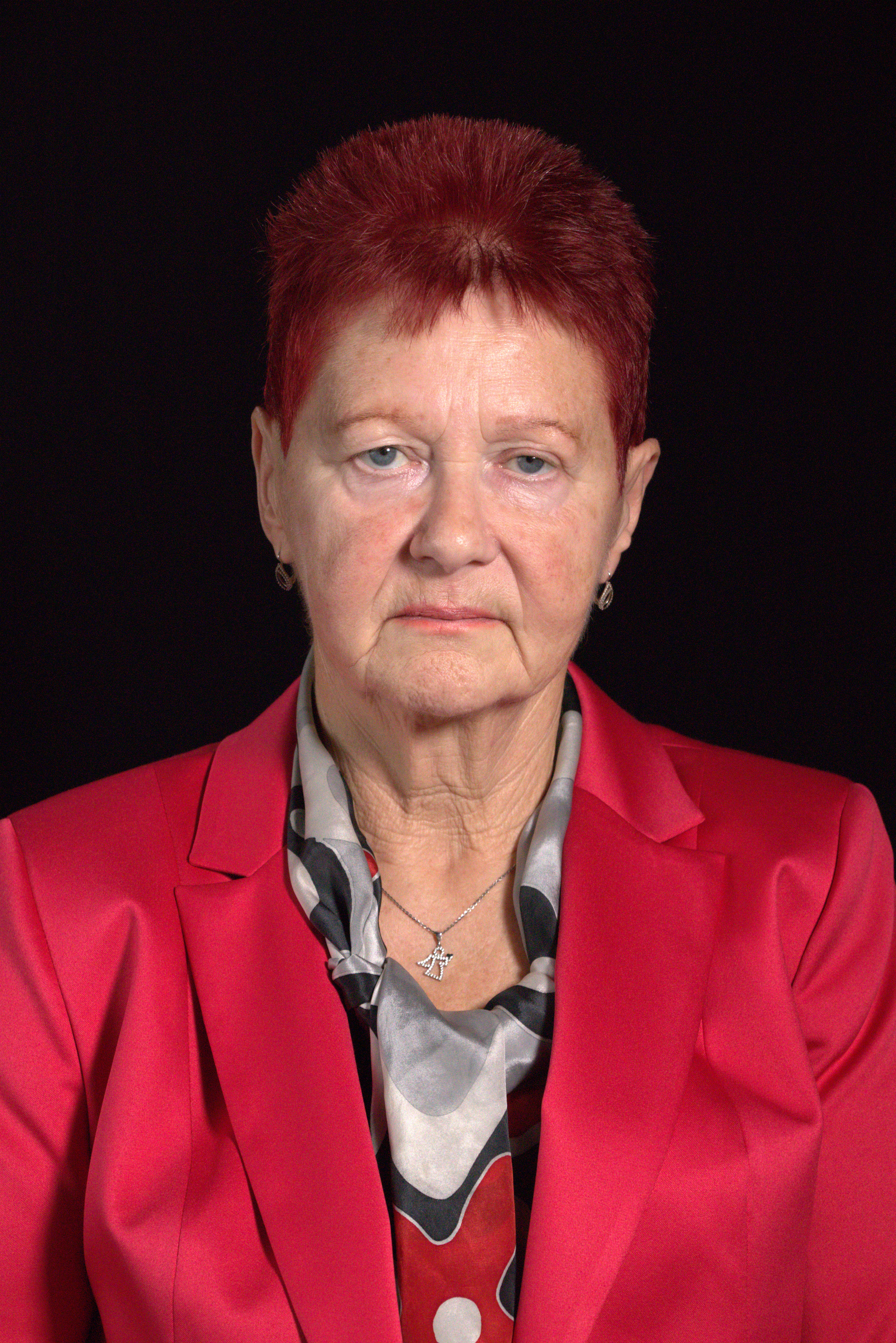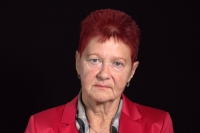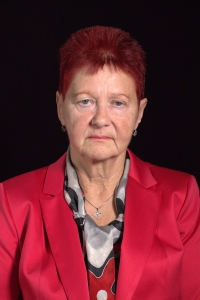How to get the life out of the cage

Download image
Dagmar Táborská, later Gieblová after her father and finally Moravcová after her second husband, was born on 15 March 1950 in Prague Podolí. Her father, Miroslav Giebl, worked for a Dutch pharmaceutical and drug company. After a failed attempt to emigrate in a beer barrel in the autumn of 1949, he tried to escape again a few months later, this time with his partner, Jarmila Táborská. However, their attempt to cross the border through the forests of Šumava was discovered and they were both put on trial. Miroslav Giebl was sentenced to five years of forced labour in the uranium mines, Jarmila Táborská to nine months imprisonment. The newborn Dagmar ended up in an infant institution for this time. Father Miroslav was released from the camp after three years “for health reasons”after having been nearly killed by being buried in ore in the mine. After a long convalescence, the family was given a 4x4 metre flat in the attic of a villa expropriated from other people, but with no running water and no heating. The parents had trouble finding work, and Dagmar experienced bullying at school from teachers and pupils. In 1961 the family moved to Příbram. Dagmar successfully graduated from grammar school and in 1968, when they did not look so much for the class background of applicants, she got into university. She signed the Two Thousand Words manifesto and attended the funeral of Jan Palach. She recalls the burning of Marxism-Leninism textbooks in the courtyard of Strahov dormitories in Prague and the student marches through Prague on the first anniversary of the Soviet occupation, notorious for their brutal dispersal by state forces. After graduation, she returned to Příbram, where she worked as a teacher of mathematics, physics and English at the second grade of primary school. Her mother Jarmila was involved in the Confederation of Political Prisoners of the Czech Republic (KPVČ) after the revolution in November 1989, and Dagmar herself is involved in the Daughters of Political Prisoners. Her father Miroslav did not live to see the longed-for fall of the communist regime.


